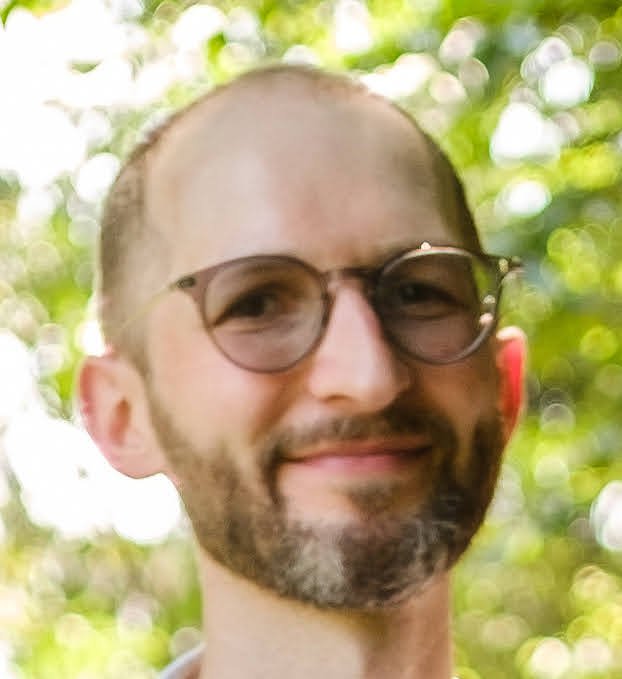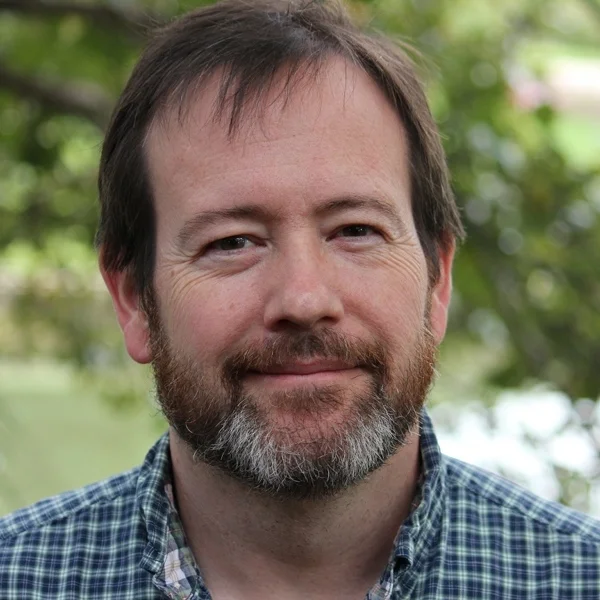Coaching inspiration, part 2
/In coaching inspiration, part 1, I discussed my motivation to change my coaching style from giving notes that I felt in my own work were not motivating me to improve in the long term. Here's part 2:
2: The only one who can teach you is you
In my experience, my real breakthroughs have come when I am on stage feeling for the first time what it is to improvise a certain way. I have had some really great discussions with experienced players, I've had some great and inspirational teachers, and I've read some amazing books. But for me, I really learn when I have digested that, actually changed my work in some way or another (started walking the walk), and start feeling the impact on my scenes. Sometimes (often?) I will feel like I really get something logically from reading it or discussing it, and it's only years later when I make a move on stage that the gears click into place and I realize that I am just now truly understanding it.
So that mindset raises the question: how can we as coaches encourage others to grow?
Well, it shifts the focus from my opinion of a team's work being important to their opinion of their own work being important. Opinions are like assholes (everyone has one), especially about something like how an improv set went. Whereas traditional scene-by-scene notes might give a team an impression of the former, I will now lean toward asking a team about their opinions of a set. The hope is that over time they will develop a sense of what inspires them and how to create the necessary environment for their own fun more consistently. The show felt great? Why? What felt great? What were you doing that led you to that feeling? What could you do again to more consistently replicate that great feeling? Another show felt shitty? Why was that? What choices do you make that lead you to feeling one way or another?
A few caveats here: I do still note technical misunderstandings (e.g. when to use a tag versus a sweep), form issues (e.g. how is the opening intended to go), and individual find blindspots. In these cases I follow the advice in Directing Improv as much as possible (too much good stuff to reproduce here). Most of my notes I keep for myself. These help me build a rehearsal (or many) with the goal of training the instincts of the performers over time.
Does this work? TBD. I find that I have been much more successful at getting teams to make lasting changes. I also get feedback that some (many) players struggle to grow when their only feedback is self-reflection.






